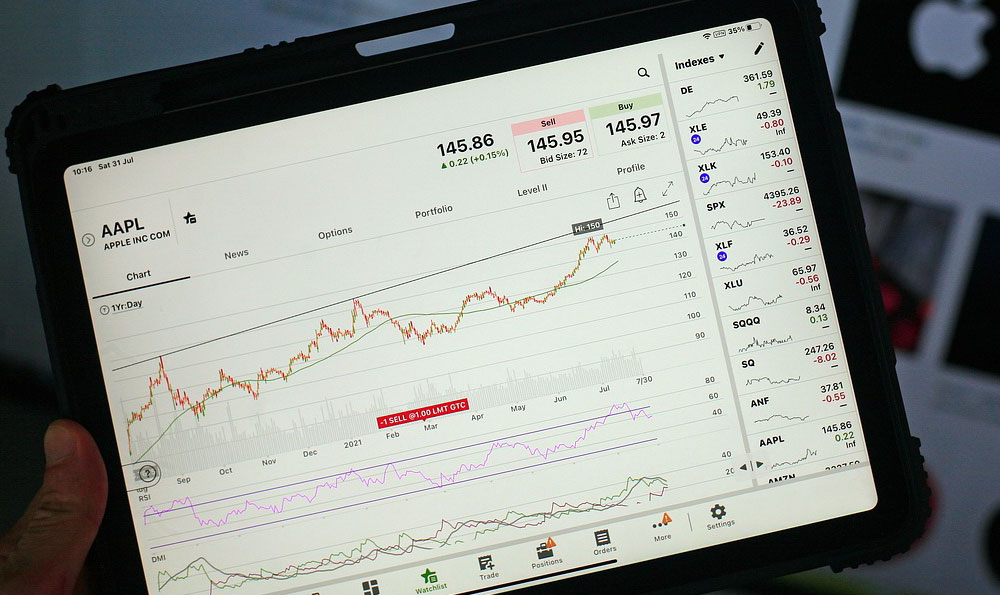Accountant Salary: How Much Do They Earn Annually?
The financial landscape of a professional accountant is as intricate as the numbers they manage. Understanding annual earnings tied to this profession involves diving into a mosaic of factors ranging from geographical location to industry specialization, educational attainment, and evolving market dynamics. As individuals weigh career paths in finance, the question of how much an accountant earns annually becomes crucial, not merely for assessing income but also for identifying opportunities for growth and stability.
In the realm of global compensation, accountant salaries exhibit a profound variance that reflects economic conditions, cost of living, and regional demand for financial expertise. For instance, in the United States, the Bureau of Labor Statistics reports an average annual salary of approximately $73,000 for accounting professionals, though this figure can fluctuate significantly depending on the size of the organization, the complexity of the role, and the level of experience. Conversely, in countries with lower economic indices, such as parts of Southeast Asia, average salaries may range between $20,000 and $40,000, while in developed economies like Germany or Japan, the numbers often hover around $60,000 to $80,000 due to higher living costs and competitive job markets. These disparities underscore the importance of geographical considerations when evaluating accounting careers as a financial investment.

The type of industry in which accountants operate also plays a pivotal role in shaping their annual income. Financial institutions, including banks and investment firms, typically offer higher base salaries compared to traditional sectors such as manufacturing or retail. This trend is partly due to the high stakes and regulatory demands of financial services, which require specialized skills and often justify premium compensation. Conversely, public sector roles, such as those in government agencies or non-profit organizations, may offer more predictable earnings but often at a lower scale. For example, a certified public accountant (CPA) working in a multinational corporation’s finance department can anticipate a salary well above the industry average, whereas a public accountant employed by a local not-for-profit might receive a more modest compensation package. The disparity between these roles illustrates the intersection of accounting as an occupation with broader economic trends and corporate financial strategies.
Another critical determinant of an accountant’s annual earnings is their career progression. Entry-level professionals, such as accounting assistants or fresh graduates, generally earn less than their counterparts in senior roles like financial directors or chief accounting officers. This progression is often tied to the accumulation of experience, continuous professional development, and the acquisition of certifications that enhance credibility and expertise. For instance, individuals who obtain a CPA license often see a substantial salary boost, sometimes exceeding 30% of their previous earnings. Similarly, those who pursue advanced degrees or additional training in areas such as tax law or auditing can command higher wages based on their expanded skill set. These career milestones highlight the dynamic nature of financial earnings in the accounting profession, reflecting both personal investment in education and the market's response to specialized knowledge.
The global financial environment is also influencing the trajectory of accountant salaries. The rise of digital transformation in finance, for example, has led to a shift in demand toward accounting professionals with technological proficiency. This trend has not only made data analytics and automation skills highly valuable but has also created a competitive edge for those who can adapt to these changes. In contrast, industries that are undergoing financial restructuring or regulatory changes might require accountants to adjust their salary expectations in the short term while positioning themselves for long-term career growth. The interplay between technological advancements and financial stability in the accounting profession demonstrates how external economic forces shape individual financial outcomes.
Beyond external factors, the internal environment of an accountant’s career significantly affects their income potential. For example, professionals who choose to work in fast-paced environments such as consulting firms or startups may experience variable earnings due to project-based compensation structures, whereas those in stable corporate settings often receive more consistent income. Additionally, the global financial landscape is not static; for instance, during periods of economic expansion, demand for accounting services rises, leading to competitive salary offerings, whereas during contractions, firms may reassess their compensation strategies. This variability underscores the importance of aligning one's financial goals with the broader economic context.
The intersection of accounting and financial investment is further evident in the role of consultants. Some accountants transition into consulting, leveraging their expertise to provide strategic advice to businesses. This move can significantly boost their annual income, as consulting fees are often higher than salary equivalents in traditional roles. However, this path also entails more uncertainty and the need for marketing skills to attract clients. The potential for elevated financial returns in consulting roles highlights the multifaceted nature of accounting careers and the impact of personal professional choices on income.
Moreover, the addition of non-financial skills can elevate an accountant’s earning potential. Competencies such as leadership, strategic thinking, and communication are increasingly valued in the finance industry, as firms seek professionals who can contribute beyond routine tasks. For example, accountants with a background in business management or data science often find themselves in higher-paying positions due to their ability to integrate financial analysis with broader organizational goals. This fusion of financial and non-financial expertise illustrates the evolving nature of the profession and its alignment with contemporary financial demands.
In conclusion, the annual earnings of accountants are shaped by a complex interplay of factors, from market conditions to personal career choices. The financial landscape of this profession is not monolithic, and understanding these variables is essential for making informed decisions about career and financial planning. Whether pursuing a stable corporate role or exploring high-risk, high-reward avenues in consulting or entrepreneurship, the path of an accountant is deeply intertwined with the broader financial trends of the world. The pursuit of a more substantial income in this profession is not solely about salary figures but about strategic positioning within a dynamic and ever-evolving financial environment.












